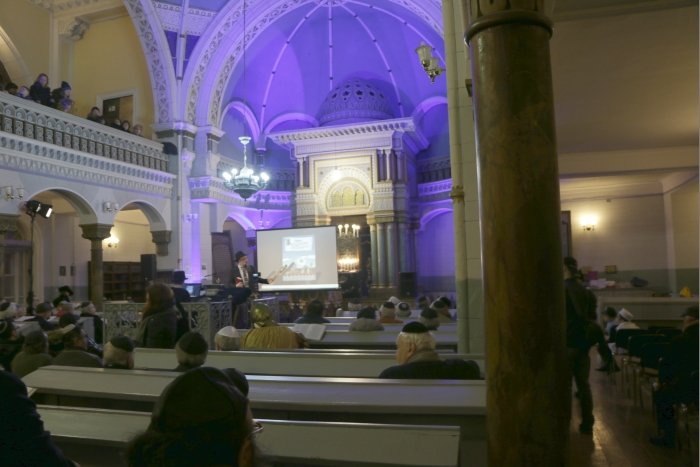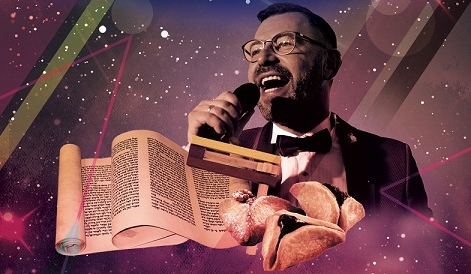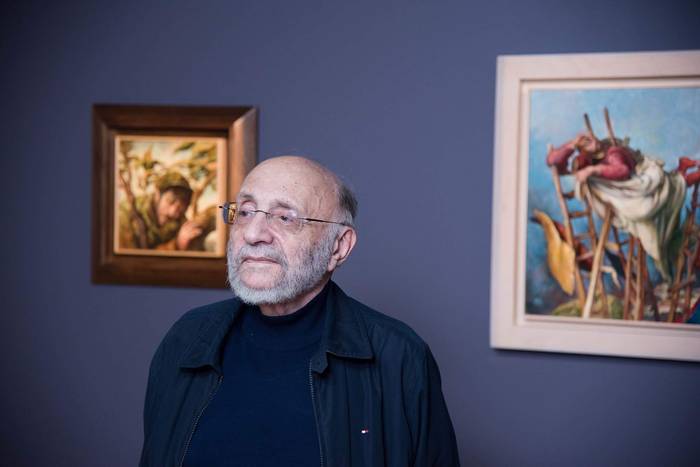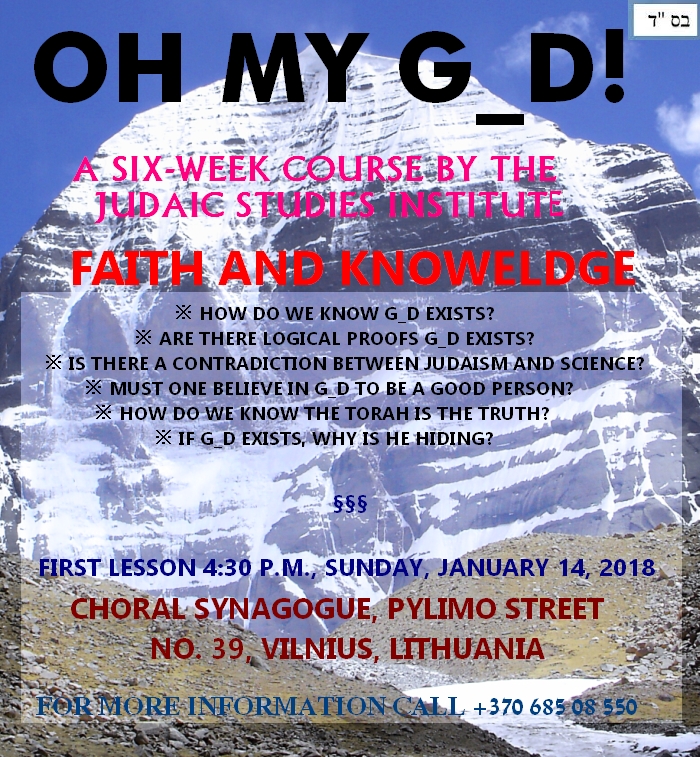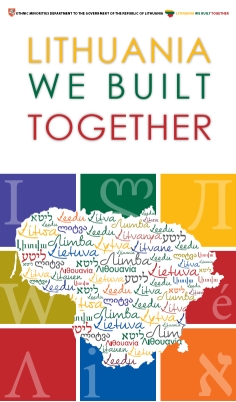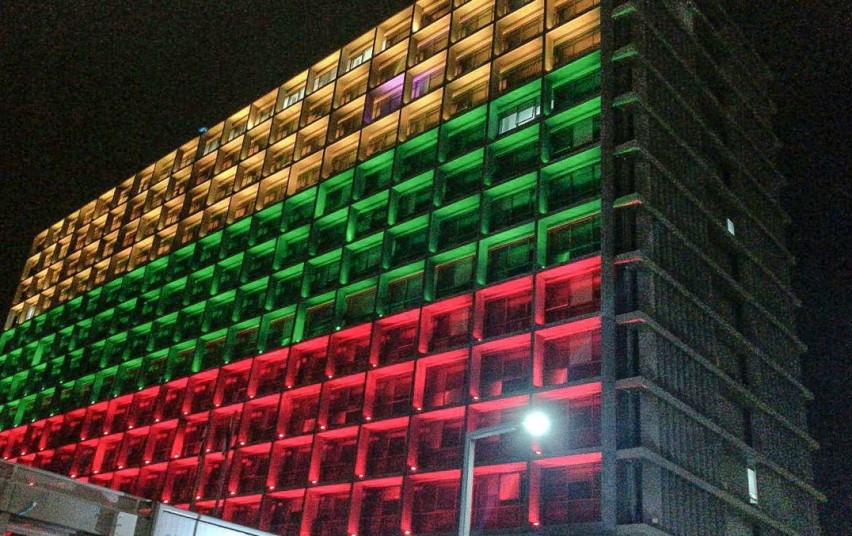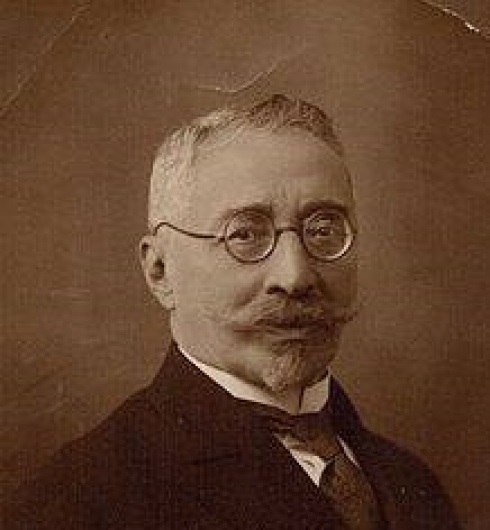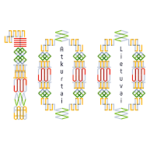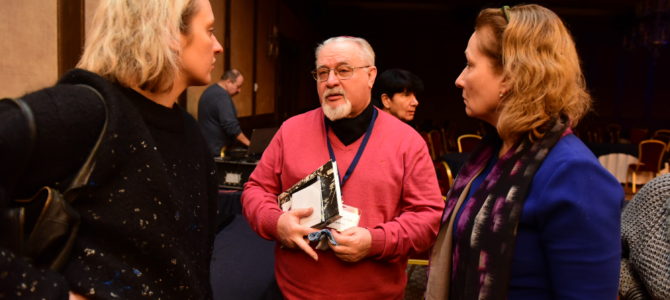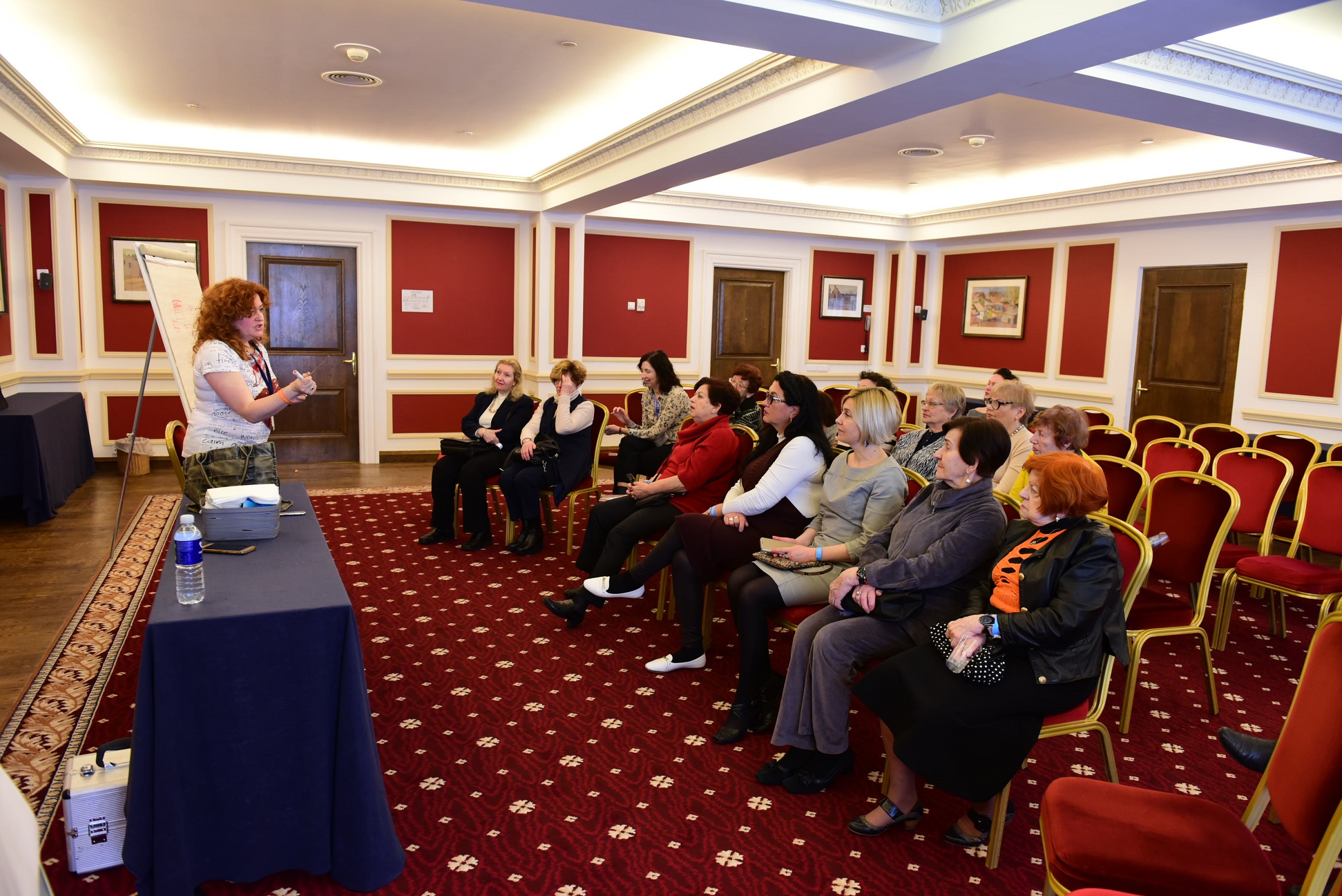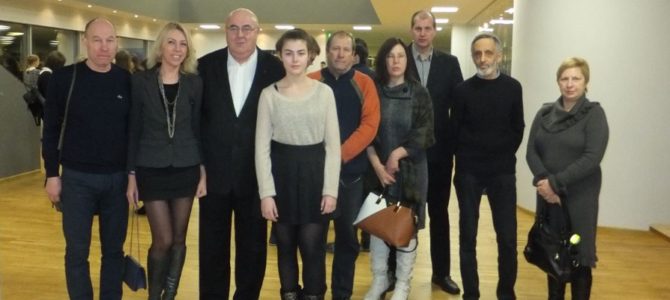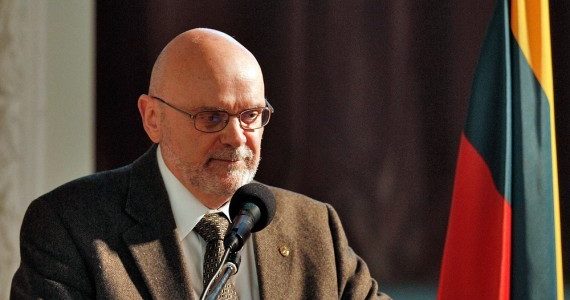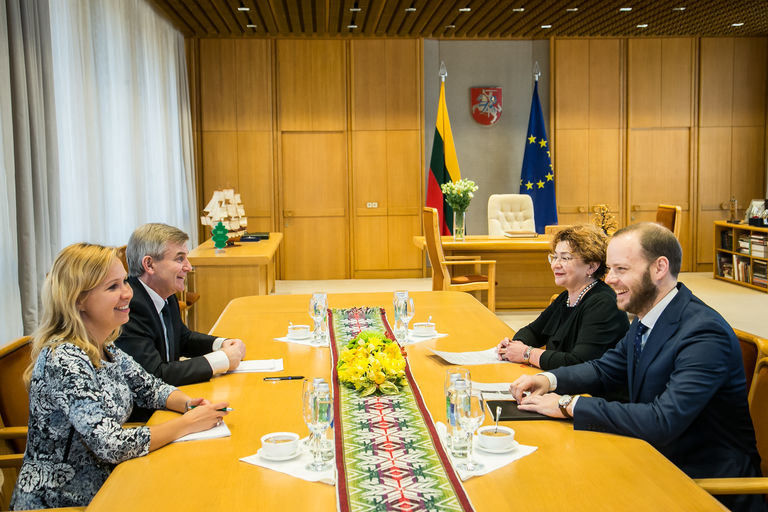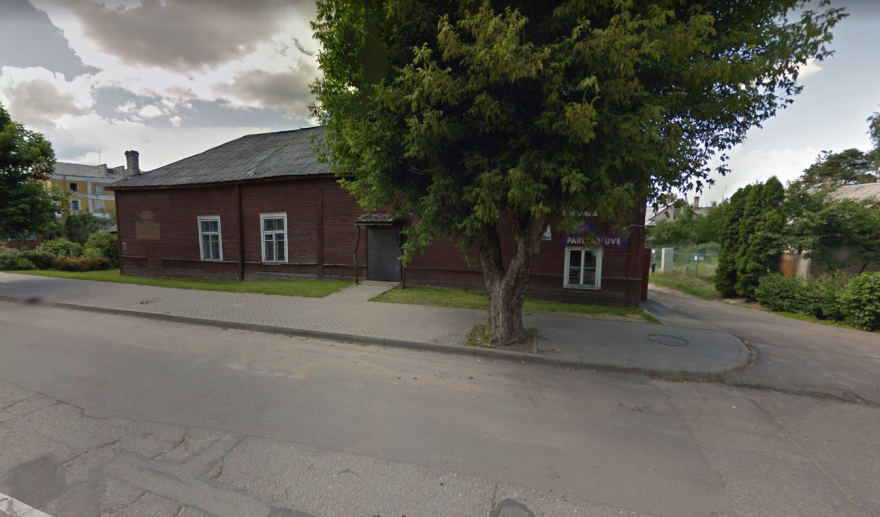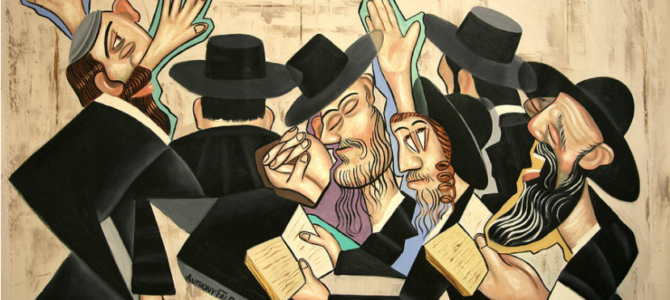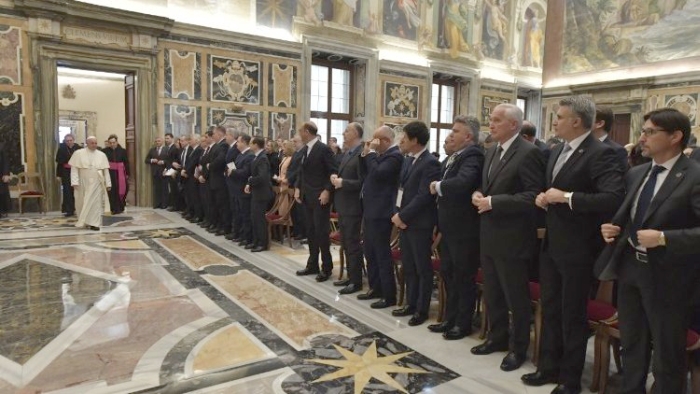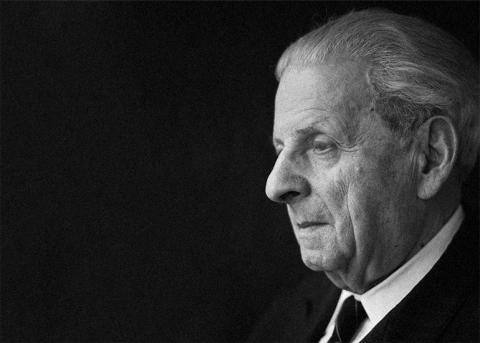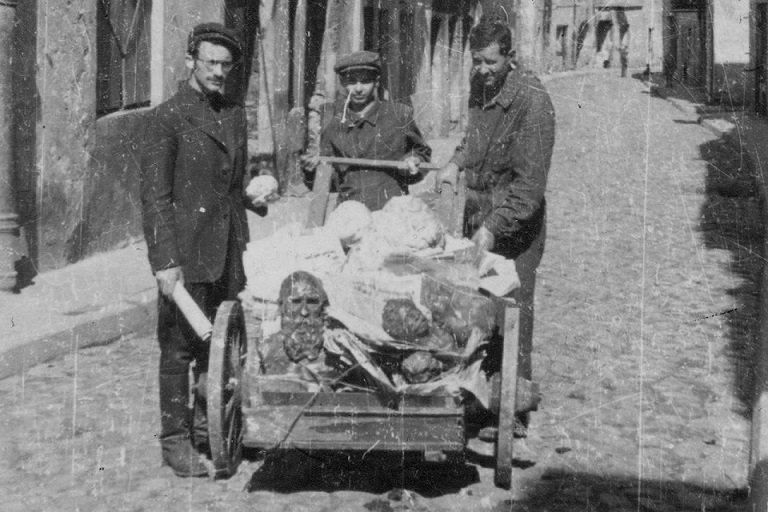
A wagon of newspapers and artwork, including a bust of Leo Tolstoy, recovered in Vilnius in July, 1944. Photo: YIVO Institute for Jewish Research
Lithuania has a long history of book smuggling, but the Lithuanian side of the story usually focuses on efforts by smugglers to import books in Lithuanian into the territory of the Baltic states incorporated into the Russian Empire by Catherine the Great and attempts to set up underground Lithuanian schools in barns across the country. The entire lore of book smuggling was popularized after World War II by the author Ray Bradbury in his novel “Fahrenheit 451.” Now the Wall Street Journal and author David Fishman remind Lithuanians and the world of another chapter in the same story: the “Paper Brigade” in the Vilnius ghetto answerable to Rosenberg charged with looting Judaica treasures from YIVO, the Great Synagogue and other sources in the Nazi-occupied Lithuanian capital.
§§§
The Book Smugglers: Partisans, Poets and the Race to Save Jewish Treasures from the Nazis. The True Story of the Paper Brigade of Vilna, by David E. Fishman. 312 pp. 28 photos, 2 maps. University Press of New England, 2017. Audiobook narrated by P. J. Ochlan.
Review by Gerald J. Steinacher
The Book Smugglers of Vilna
How a small band of Jews resisted Nazi efforts to destroy the cultural treasures of the Jerusalem of Lithuania.
The Nazis did not merely want to murder all the Jews; they were also determined to eradicate all Jewish art and literature. In “The Book Smugglers,” David E. Fishman, a professor at the Jewish Theological Seminary in New York, introduces us to a thriving Jewish culture in Eastern Europe and to the people who risked their lives to save this culture from the barbaric Nazi onslaught.
Vilna, better known today as Vilnius, was the cultural capital of Eastern European Jewry. Nicknamed the Jerusalem of Lithuania, on the eve of the Holocaust the town had an ethnically diverse population of 193,000, of whom about 28% were Jews. It was foremost a city of books for the people of the book. Yiddish literature flourished in a vibrant writers’ scene. The city’s Jewish cultural institutions, such as the Strashun Library and the Yiddish Scientific Institute, were famous for their rare literature and Jewish-history collections.


